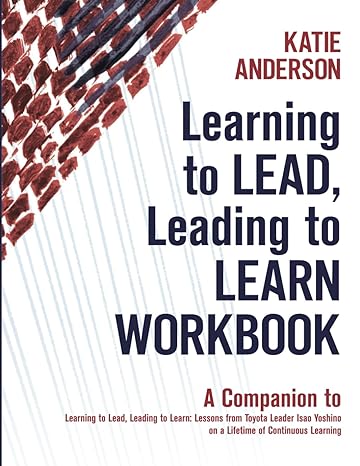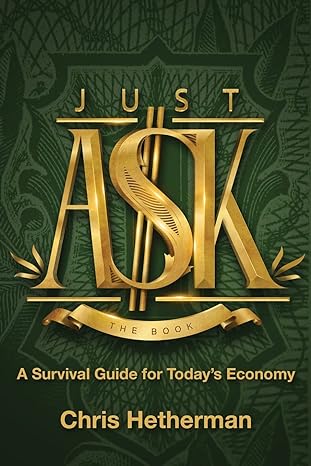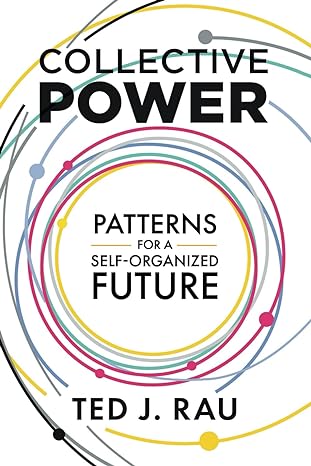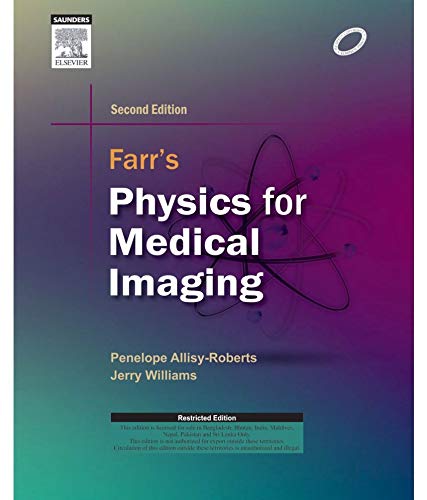Go back

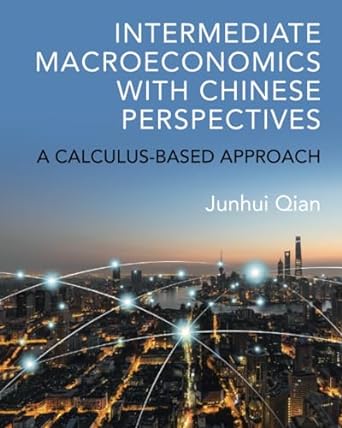
Intermediate Macroeconomics With Chinese Perspectives A Calculus Based Approach(1st Edition)
Authors:
Junhui Qian

Cover Type:Hardcover
Condition:Used
In Stock
Include with your book
Free shipping: April 03, 2024Popular items with books
Access to 3 Million+ solutions
Free ✝
Ask 10 Questions from expert
200,000+ Expert answers
✝ 7 days-trial
Total Price:
$0
List Price: $32.99
Savings: $32.99(100%)
Book details
ISBN: 1009193961, 978-1009193962
Book publisher: Cambridge University Press
Get your hands on the best-selling book Intermediate Macroeconomics With Chinese Perspectives A Calculus Based Approach 1st Edition for free. Feed your curiosity and let your imagination soar with the best stories coming out to you without hefty price tags. Browse SolutionInn to discover a treasure trove of fiction and non-fiction books where every page leads the reader to an undiscovered world. Start your literary adventure right away and also enjoy free shipping of these complimentary books to your door.
Intermediate Macroeconomics With Chinese Perspectives A Calculus Based Approach 1st Edition Summary: This is an intermediate-level macroeconomics textbook for undergraduate students who wish to gain some exposure to the Chinese economy while learning macroeconomics. And this is a truly "intermediate-level" textbook since it provides a calculus treatment of the standard intermediate macroeconomic theories such as the Solow models, IS-LM models, and so on. Students in many countries need an alternative macroeconomics textbook that is less American-centric than the existing ones. In particular, students in many developing countries need to learn about theories (e.g., the Lewis model of economic development) and cases (the Asian Financial Crisis) that are relevant to developing countries but are ignored in mainstream English textbooks. The use of calculus makes the textbook concise without sacrificing depth. And most importantly, after some training, students would feel comfortable with applying mathematics, the "engine of inquiry", to macroeconomic analysis.
Customers also bought these books
Frequently Bought Together
Top Reviews for Books
Request ni0kf
( 4 )
"Delivery was considerably fast, and the book I received was in a good condition."


